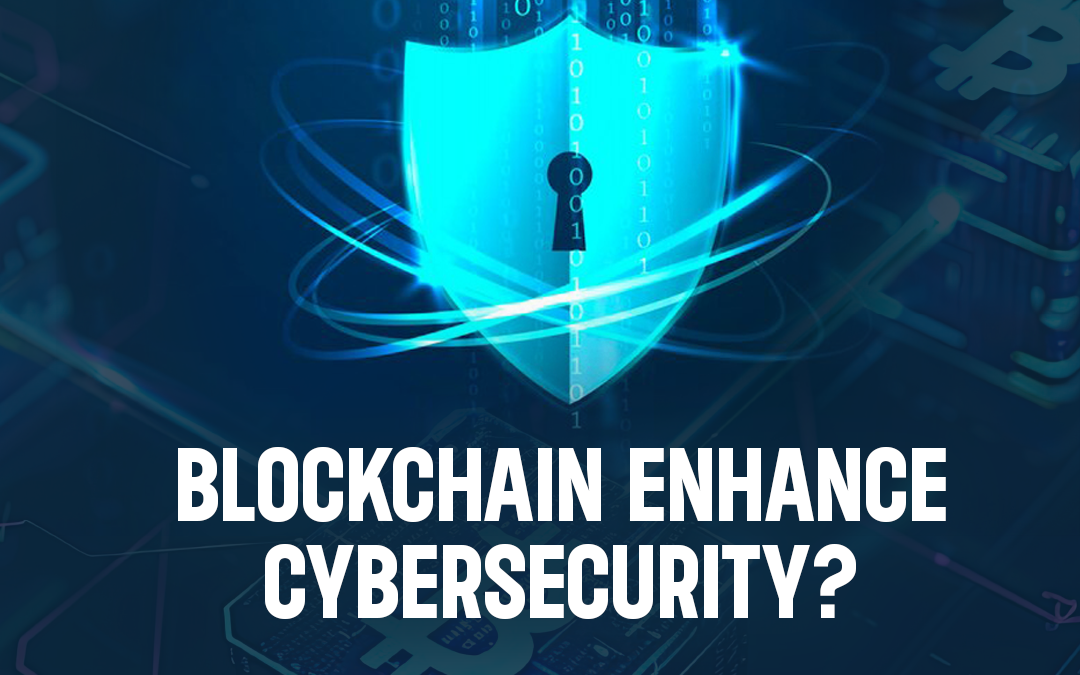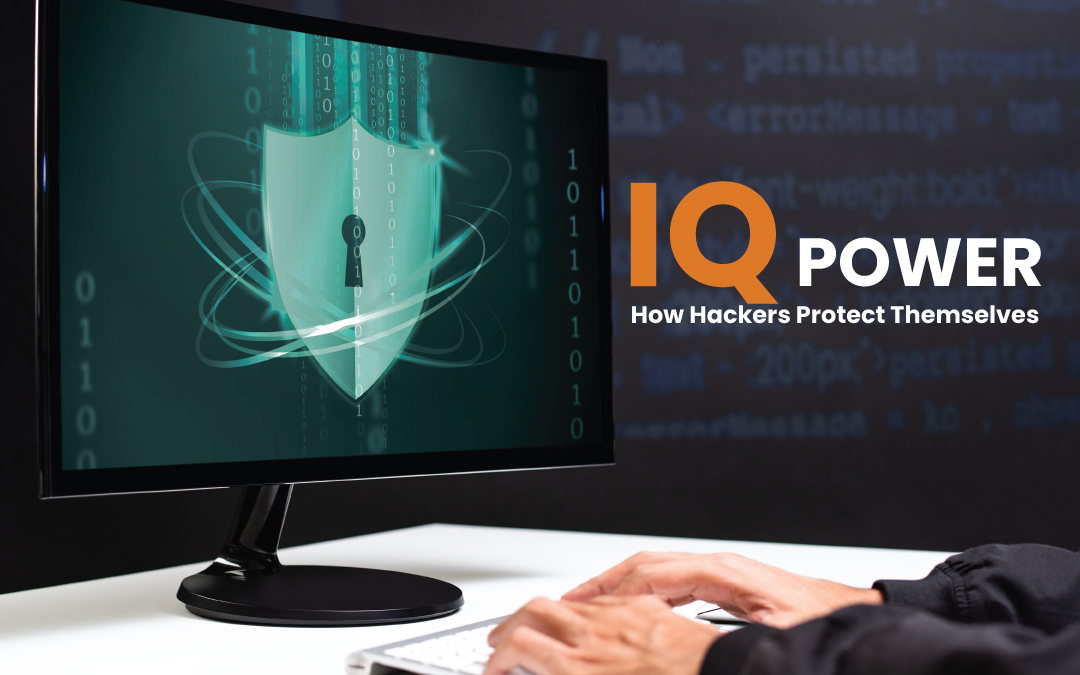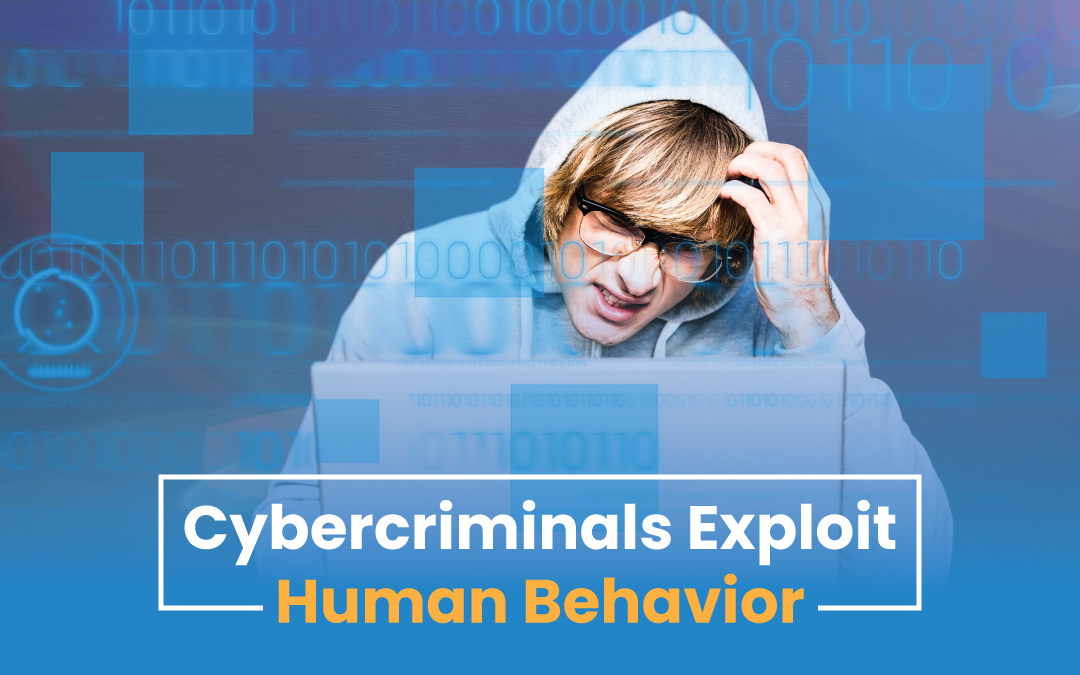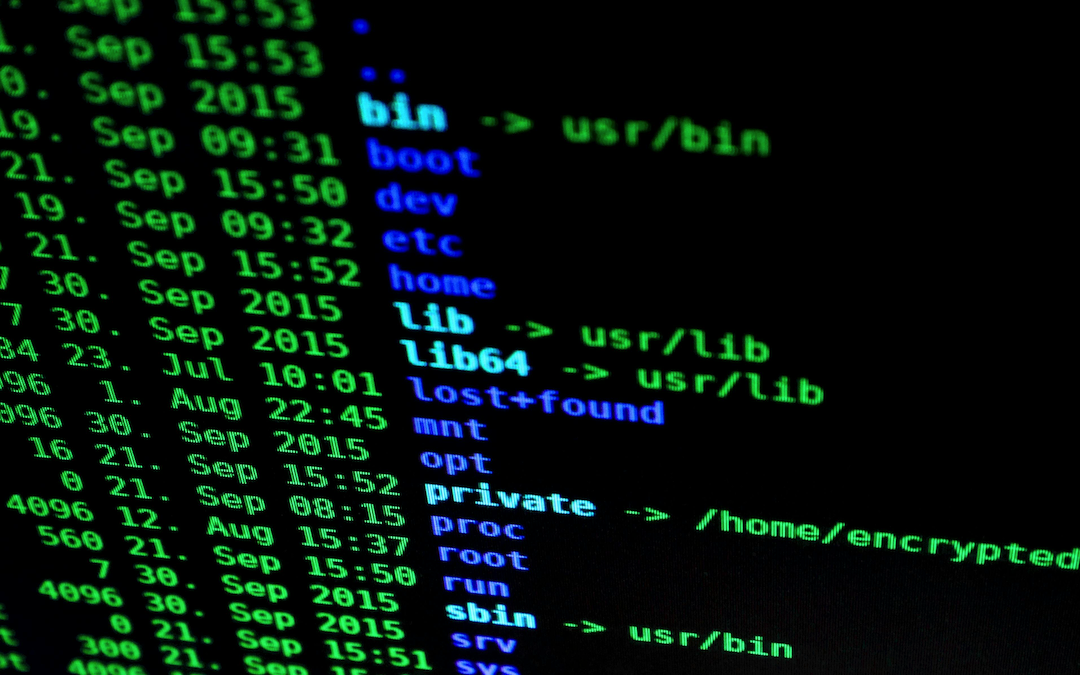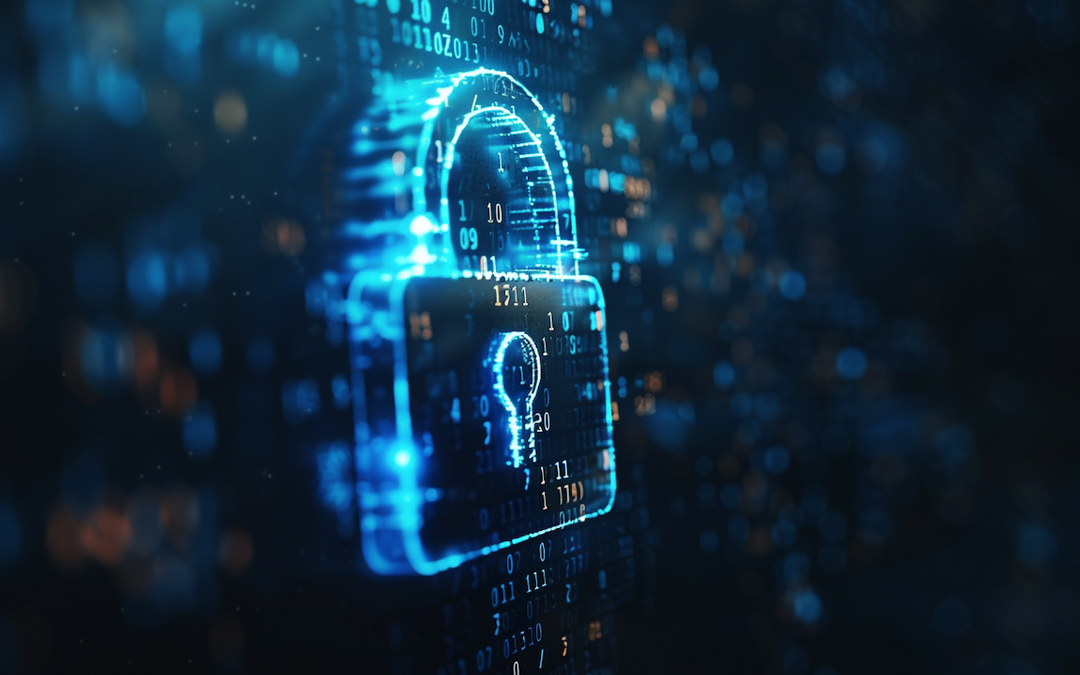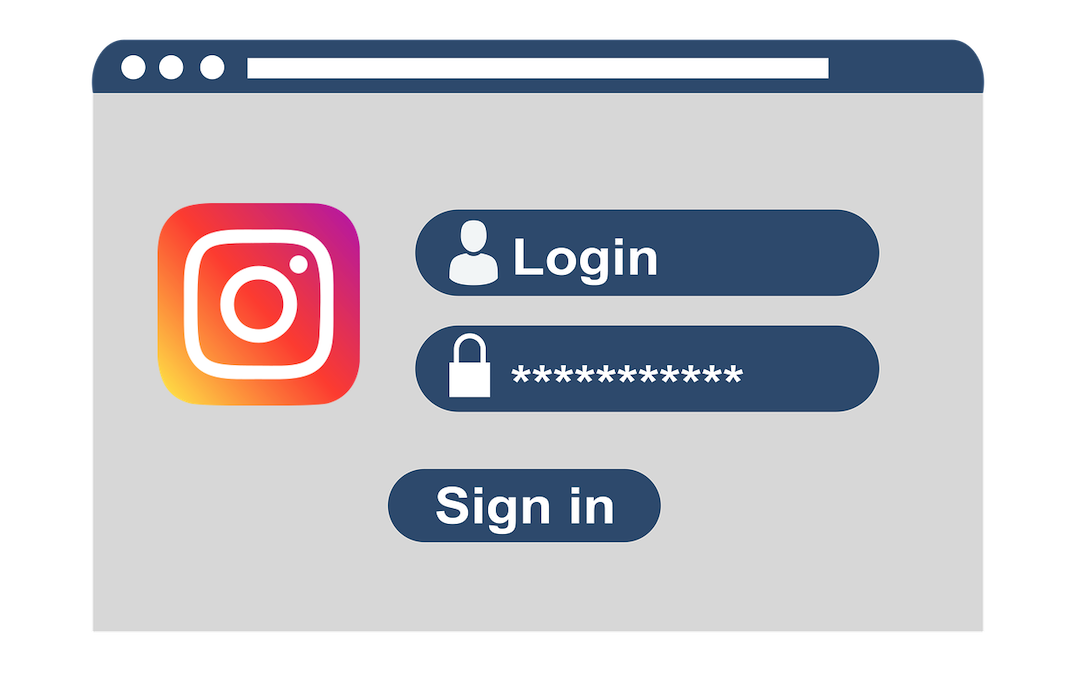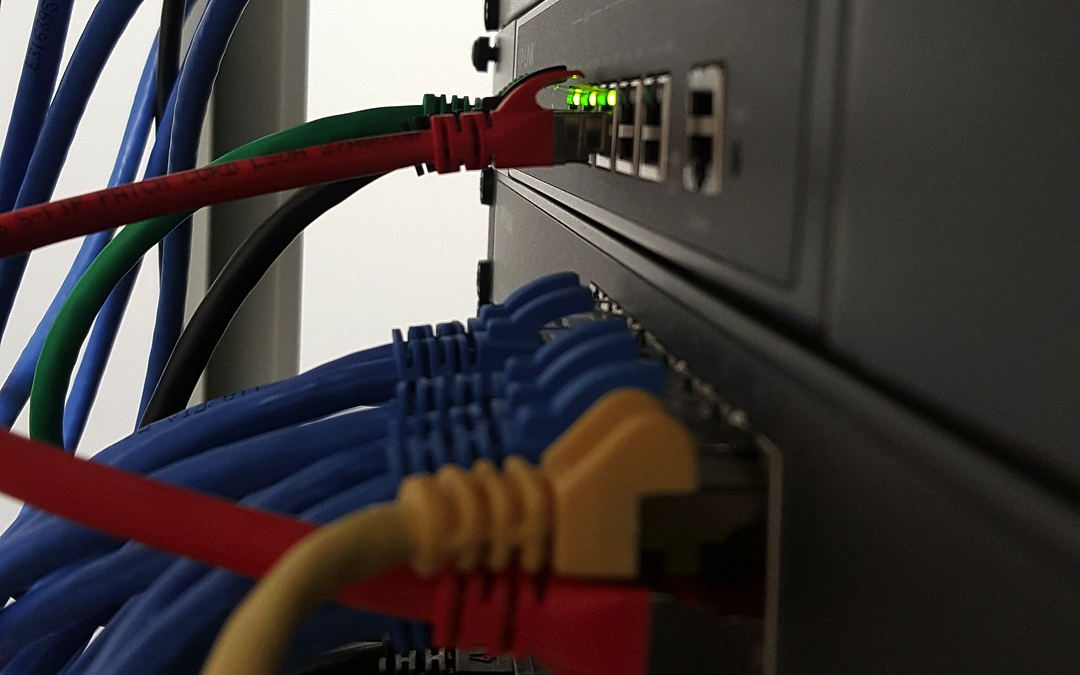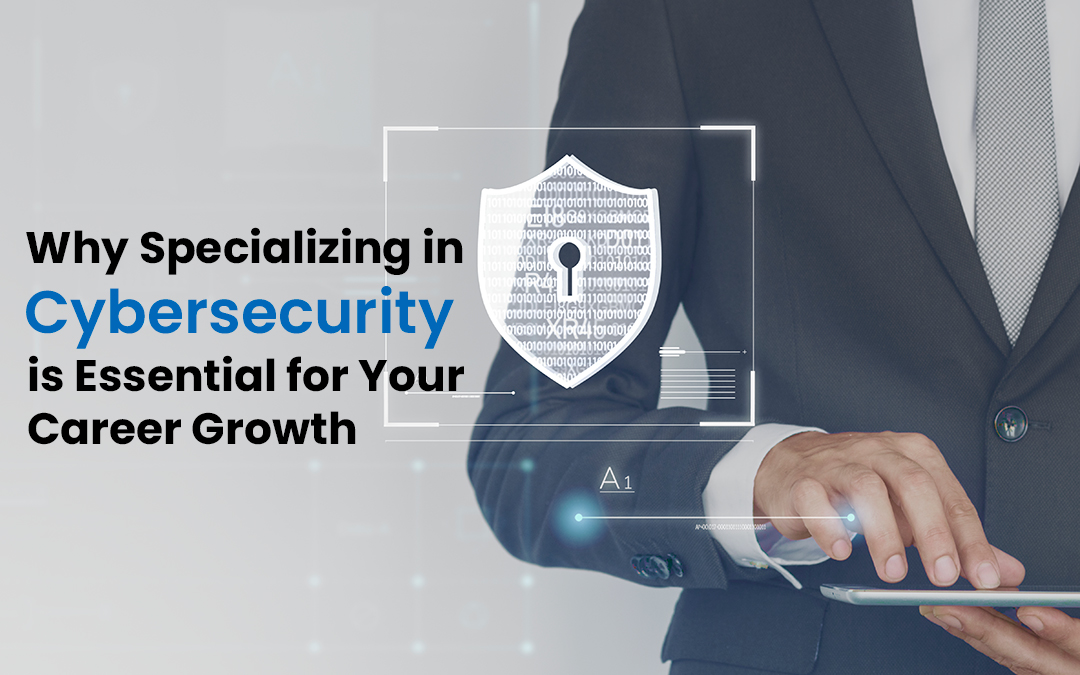
In today's digital age, cybersecurity is more than just a technical field—it's a crucial element in protecting the fabric of our interconnected world. As cyber threats become increasingly sophisticated and frequent, the demand for skilled cybersecurity professionals is skyrocketing. This growing need makes specializing in cybersecurity not just a wise choice but a strategic move for anyone looking to advance their career.


